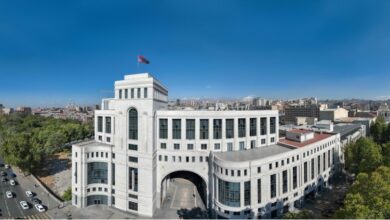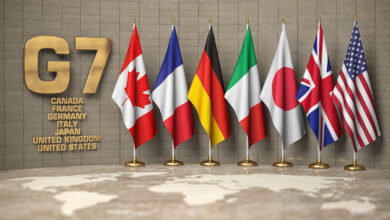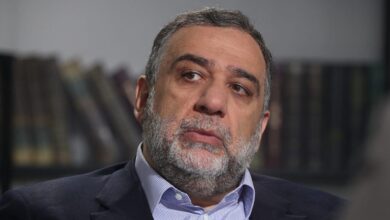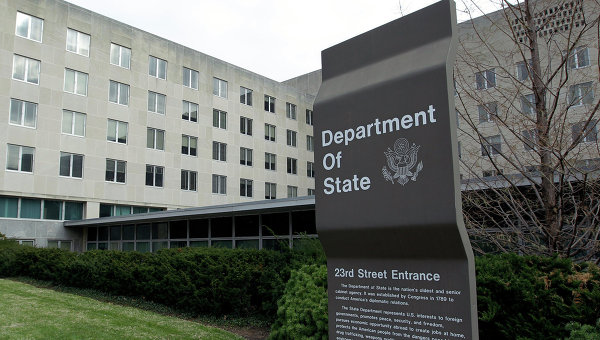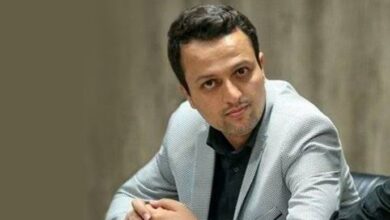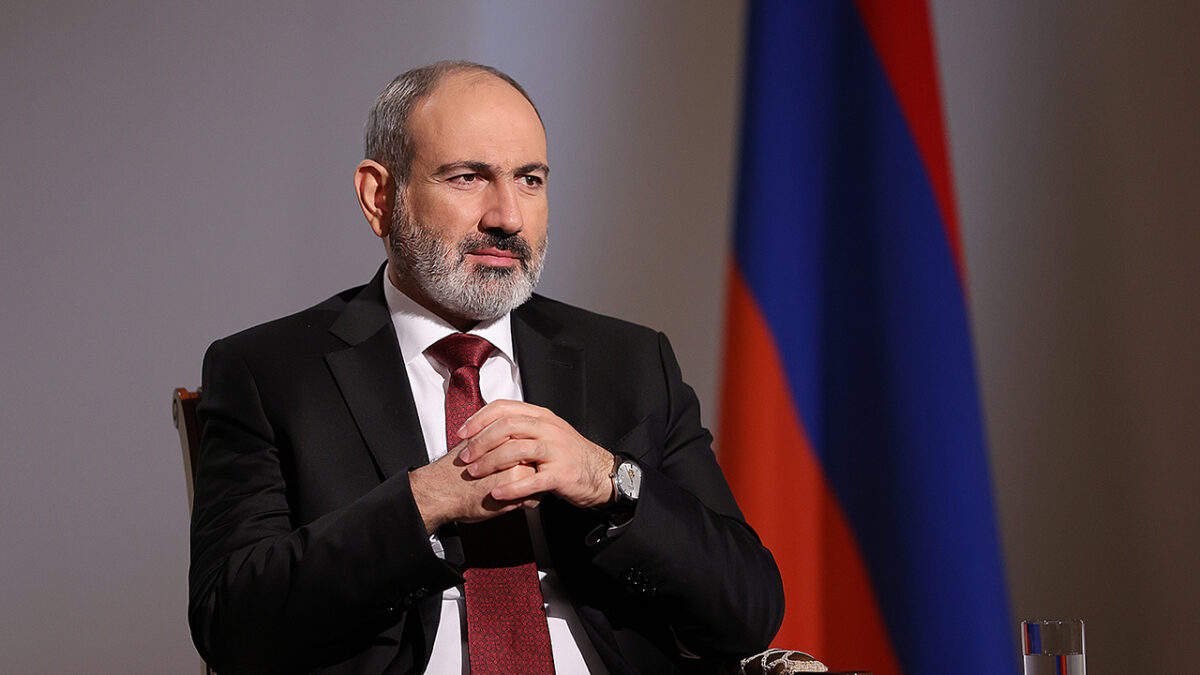
Prime Minister Nikol Pashinyan says the discussions on the negotiation process on the settlement of the Nagorno-Karabakh conflict that followed his press conference on December 24 have revealed a number of falsifications. He listed those in a Facebook post.
- The participation of the Azerbaijani population of the Nagorno-Karabakh Autonomous Region in the determination of the final status of Nagorno-Karabakh, already part of the population of modern Nagorno-Karabakh, is enshrined in the Madrid Principles, which the Armenian side has accepted as a basis for negotiations since 2007. Fortunately or unfortunately, we cannot say that any politician in Armenia or Artsakh was not aware of it, because the Madrid Principles were published on the Internet long before I became Prime Minister. This begs the question: why didn’t the former high-ranking officials revolt against this?
- you remember that after November 9, there was much talk that there was an opportunity to stop the 44-day war in exchange for guaranteeing the right of Azerbaijanis that had lived in Shushi and/or their family members to return to the Nagorno-Karabakh Republic? Today’s same circles were saying in the fall of 2020 that there was a chance to keep Shushi Armenian and I did not do that, to which I countered that 90% of the population of Shushi in the NKAO was Azerbaijani. How do you imagine an Armenian settlement with a 90% Azerbaijani population? At that time I was accused of saying that Shushi was not Armenian. Why are those same people upset now when it comes to the content of the negotiations that existed before I became Prime Minister? In the fall of 2020, they were in favor of the return of Azerbaijanis living in Shushi. Are they now against? Were they in favor in 2007 and against it now?
- And now they keep repeating that only the government elected by the people of Artsakh can represent the people of Artsakh in the negotiation process. Who is arguing? This has been one of my most important theses since 2018. Another question arises. Why didn’t those same people make a fuss when Artsakh was removed from the negotiation process by Robert Kocharyan in 1998? But now do not think that they want to return Artsakh to the negotiating table, they want to remove Armenia from the negotiating table. This is an occasion for me to reveal a secret. Serzh Sargsyan and the Republican Party of Armenia were accusing me of demanding the return of Nagorno-Karabakh to the negotiating table after I became Prime Minister, which allegedly worsened our negotiation situation. In 2016, Serzh Sargsyan himself demanded that the mediators immediately involve Nagorno-Karabakh in the negotiation process. Has it worsened our negotiating position? By the way, in the same period Serzh Sargsyan tried to substantiate that the Azerbaijanis living in the NKAO should participate in the issue of determining the future status of Artsakh in the same proportion as they lived in the NKAO in 1988. Why did he do this? Because he understood that by the logic of the negotiation content, at the time of the supposed referendum, which could take place 100 years later, the Azerbaijanis could be the majority in Nagorno-Karabakh. Was he able to solve this problem? Of course not, and this is the reason why in April 2018 he spoke about the hopeless state of the negotiation process and the impending war.
- In our reality, the propaganda of well-known circles has instilled a misunderstanding that the terms “final status of Nagorno-Karabakh” and “self-determination” necessarily mean the independence of Nagorno-Karabakh. Of course, this is not the case, because the autonomous region is also a status, the region is a status, and independence is a status. Does the content of negotiations I inherited clarify these issues, does it clarify what is meant by status? Of course not. The Armenian side has always been proud of the fact that the question or questions on the potential referendum on the status of Nagorno-Karabakh should not have any restrictions of formulation and can presuppose any status. Any status, yes, which can mean independence, but any status can also mean a region within Azerbaijan. If we add to this the fact that the content of the negotiations does not specify in which area the referendum should take place, does not specify who should formulate the question to be put to the referendum, it turns out that according to the negotiation content I inherited, the the following question: could also have been put for a referendum: do you agree that Nagorno Karabakh should be an autonomous region within Azerbaijan? The content of the negotiation does not clarify what it means if people vote “no.” Independence or 0 status?
“By the way, there is also a very legitimate issue in the discussions. What is the purpose of talking about the provisions concerning the Azerbaijani population of Nagorno-Karabakh in the content of the negotiations now? The goal is one: to protect the right of Artsakh people displaced as a result of the 44-day war to live in Artsakh under Armenian jurisdiction. But this is a matter of negotiation tactics and a matter for further discussion,” the Prime Minister said.
Artsakh President Arayik Harutyunyan said in a statement on Sunday that the full recognition of the right of the Armenians of Artsakh to self-determination is not subject to reservation and concession. Therefore, he said, only the authorities of the Artsakh Republic are authorized to speak on behalf of the people of Artsakh.
PM Nikol Pashinyan called the reactions to his press conference “at least puzzling.”


